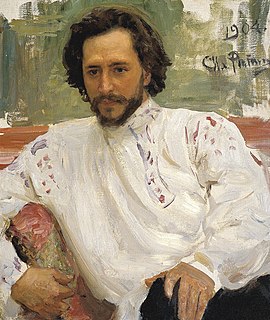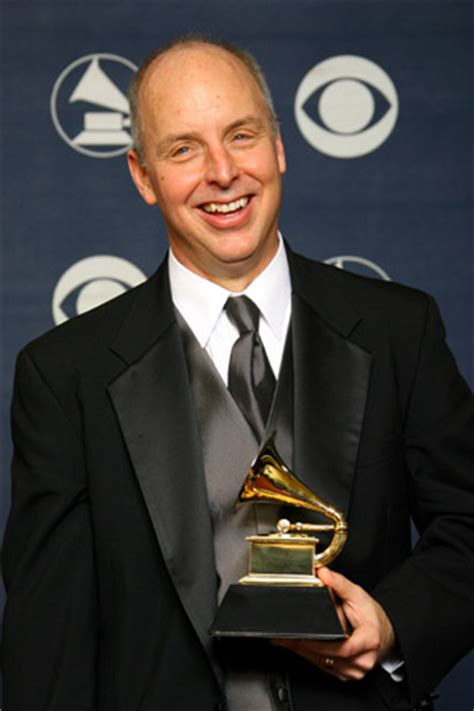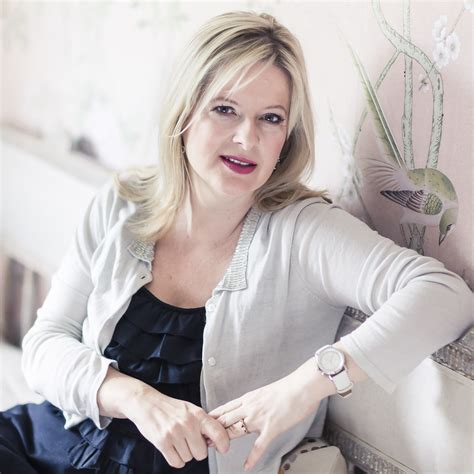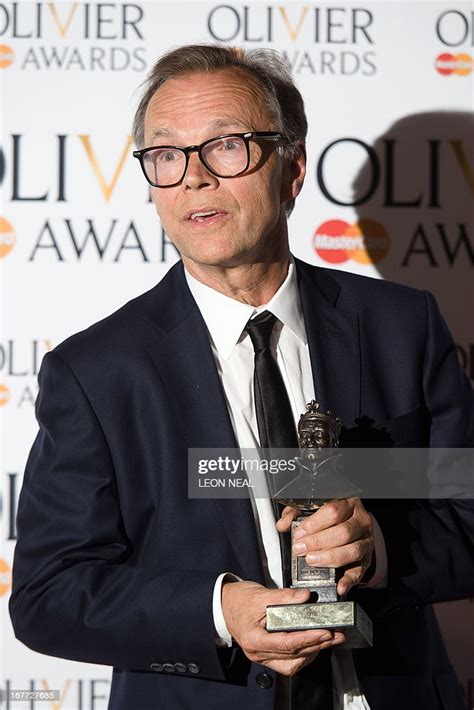A Quote by Nancy Mairs
Out of the new arrivals in our lives--the odd word stumbled upon in a difficult text, the handsome black stranger who bursts in one night through the cat door, the telephone call out of a friend's silence of years, the sudden greeting from the girl-child---we constantly make of ourselves our selves.
Related Quotes
We usually recognize a beginning. Endings are more difficult to detect. Most often, they are realized only after reflection. Silence. We are seldom conscious when silence begins—it is only afterward that we realize what we have been a part of. In the night journeys of Canada geese, it is the silence that propels them. Thomas Merton writes, “Silence is the strength of our interior life.… If we fill our lives with silence, then we will live in hope.
As we educate a child -- removing out of its path those obstacles over which we ourselves, in early days, have stumbled, and strengthening its mind with the aid of our own matured experience -- we, as it were, construct a new and better replica of ourselves, and thus enable the race to move slowly, but surely, forward towards the ultimate goal of existence -- towards perfection.
In a clutch or a corner, I tend to make a weapon out of what is near at hand. That can be anything from a crowbar to a cat, though if I had a choice, I would prefer an angry cat, which I have found to be more effective than a crowbar. Although weaponless, I left the house by the back door, with two chocolate-pumpkin cookies. It's a tough world out there, and a man has to armor himself against it however he can. ~Odd Thomas
True Godliness doesn't turn men out of the world, but enables them to live better in it, and excites their endeavors to mend it. ...We have nothing that we can call our own; no, not our selves: for we are all but Tenants, and at Will, too, of the great Lord of our selves, and the rest of this great farm, the World that we live upon.
Like our physical bodies, our memory becomes out of shape. As children, we are constantly learning new experiences, but by the time we reach our 20s, we start to lead a more sedentary life both mentally and physically. Our lives become routine, and we stop challenging our brains, and our memory starts to suffer.
Human sexuality includes more than hormones, organs, and orgasms; it runs through the psychic and spiritual ranges of our lives. We experience our sexuality on the spiritual level as a yearning for another person. We want to reach out and stretch ourselves into the depths of another. We want to bring the other person into the orbit of our deepest selves. We want to probe into the mystery of the other.
There is a foundation for our lives, a place in which our life rests. That place is nothing but the present moment, as we see, hear, experience what is. If we do not return to that place, we live our lives out of our heads. We blame others; we complain; we feel sorry for ourselves. All of these symptoms show that we're stuck in our thoughts. We're out of touch with the open space that is always right here.
In a world of chance is there a better and a worse? We yield to a stranger's embrace or give ourselves to the waves; for the blink of an eyelid our vigilance relaxes; we are asleep; and when we awake, we have lost the direction of our lives. What are these blinks of an eyelid, against which the only defence is an eternal and inhuman wakefulness? Might they not be the cracks and chinks through which another voice, other voices, speak in our lives? By what right do we close our ears to them? (Susan Barton)
We've been fighting our whole lives to say we're just human beings like everyone else. When we start separating ourselves in our work, that doesn't help the cause. I've heard it for years: 'How do you feel being a black filmmaker?' I'm not a black filmmaker, I'm a filmmaker. I'm a black man, I have black children. But I'm just a filmmaker.
My Friend: Art thou abroad on this stormy night on thy journey of love, my friend? The sky groans like one in despair. I have no sleep tonight. Ever and again I open my door and look out on the darkness, my friend! I can see nothing before me. I wonder where lies thy path! By what dim shore of the ink-black river, by what far edge of the frowning forest, through what mazy depth of gloom art thou threading thy course to come to me, my friend?
We like t'believe that everything's got an explanation...that our years on this earth make a safe kinda sense. We build ourselves up with explantions and rationalizations t'make us nice and comfortable--an' some people manage t'get through their lives without ever having to question any of it. But I think most of us have learned that...just when we least expect it...something comes droppin' down out o' the heavens...that blows all our comfortable ideas right t'pieces.
I have this disease late at night sometimes, involving alcohol and the telephone. I get drunk, and I drive my wife away with a breath like mustard gas and roses. And then, speaking gravely and elegantly into the telephone, I ask the telephone operators to connect me with this friend or that one, from whom I have not heard in years.



































